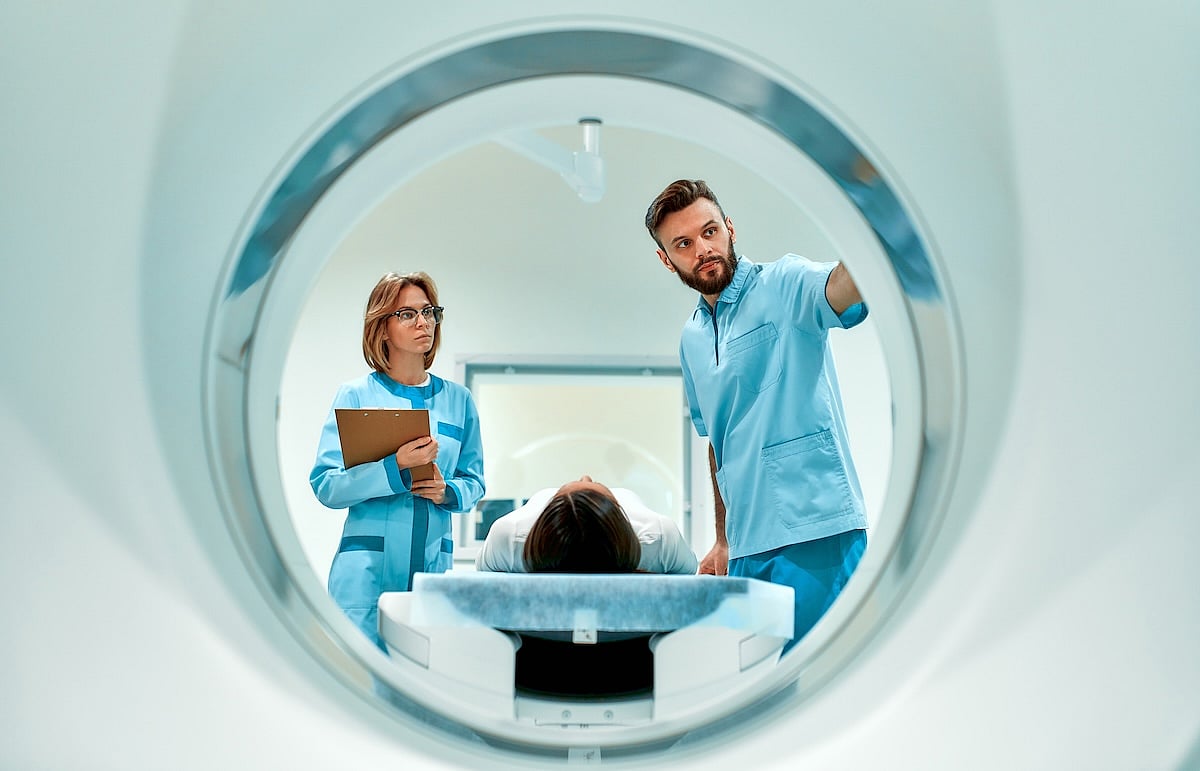Get Healthy!

- Dennis Thompson
- Posted April 3, 2025
Unnecessary Imaging Scans Contributing To Climate Change
Thinking of splurging on a whole-body MRI or CT scan, based on the latest health fad?
Just keep in mind that you’ll be contributing to climate change, a new study says.
Unnecessary imaging scans for Medicare recipients alone create up to 129 metric kilotons of carbon dioxide emissions a year – equivalent to powering a town of more than 70,000 people, researchers found.
“Our analysis demonstrates the potential to meaningfully reduce our carbon footprint by decreasing unnecessary imaging orders,” researcher Elizabeth Rula, executive director of the Harvey L. Neiman Health Policy Institute in Reston, VA, said in a news release.
For the study, researchers analyzed data on annual imaging scans performed for nearly 30 million traditional Medicare beneficiaries between 2017 and 2021.
An earlier study estimated that as many as 26% of imaging scans ordered for Medicare patients are inappropriate. Researchers used data from that study to track unnecessary scans and estimate carbon dioxide emissions tied to them.
All imaging scans produced tremendous amounts of emissions, including up to 136 kilotons for MRIs, up to 178 kilotons for CT scans, 46 kilotons for X-rays, and 23 kilotons for ultrasound, results show.
The high-end estimates “also included the energy required when the scanners are in stand-by mode or in production phase between scans,” lead researcher Dr. Gregory Cavanagh, a resident at Lahey Hospital & Medical Center, said in a news release.
Cutting out unnecessary imaging scans could reduce those emissions by as much as 129 kilotons, researchers said.
Unnecessary CT scans contributed to about half these excess emissions, and unnecessary MRIs another quarter, researchers said.
“Emissions are likely to continue to increase given sustained increases in overall imaging volumes over the past decade, and the potential for further increases related to climate-change related exposures and events,” researcher Dr. Julia Schoen, a clinical assistant professor at University of Michigan Health in Ann Arbor, MI, said in a news release.
Cutting down on unnecessary scans could help protect the planet, researchers concluded.
“These findings add an additional, important reason to reduce inappropriate imaging utilization, which would also decrease the risk and cost to patients, cost to the healthcare system, and volumes contributing to the current radiology workforce shortage,” Rula said.
The new study appears in the Journal of the American College of Radiology.
More information
Ohio State University has more on whole-body imaging scans.
SOURCE: Harvey L. Neiman Health Policy Institute, news release, March 26, 2025









